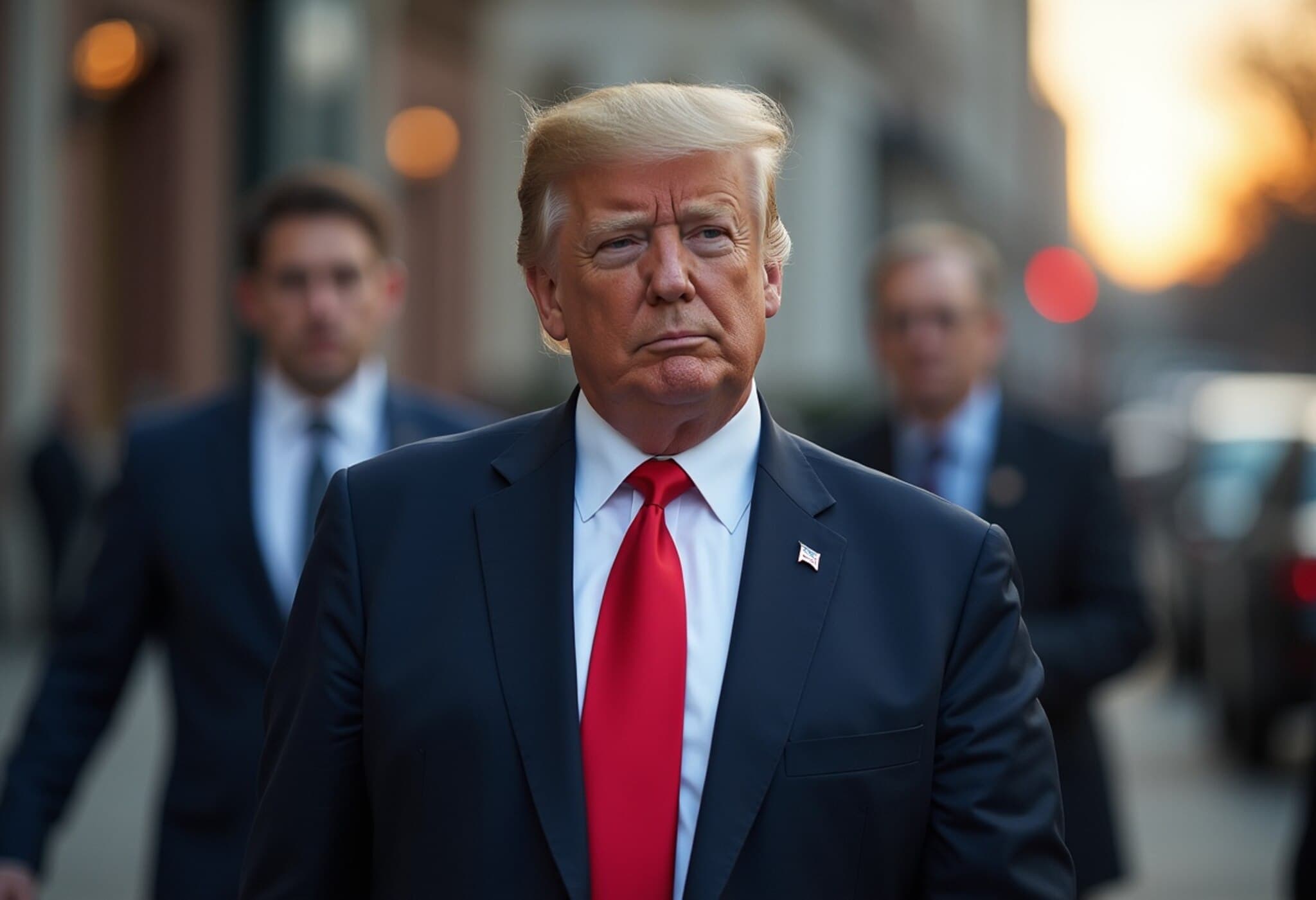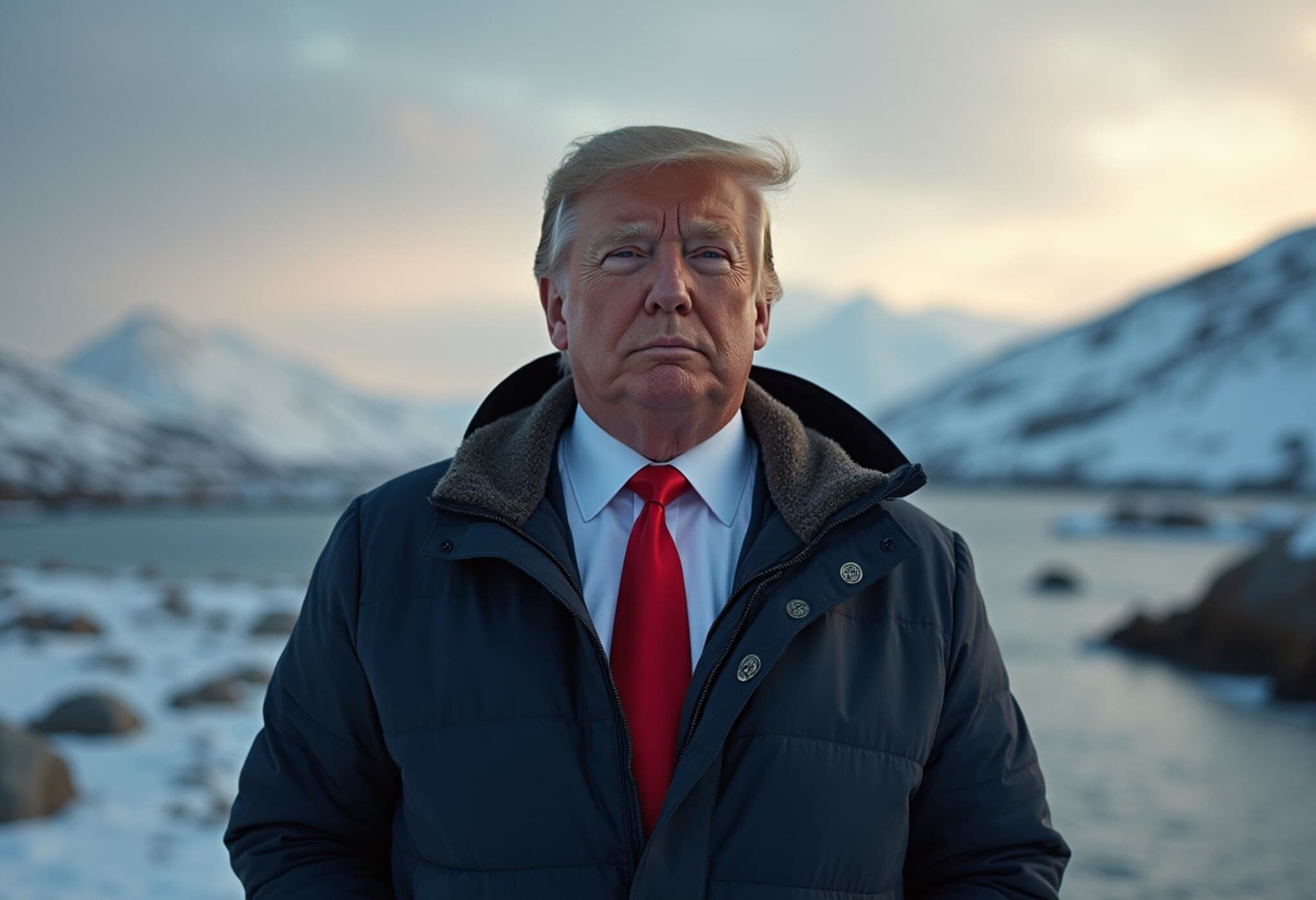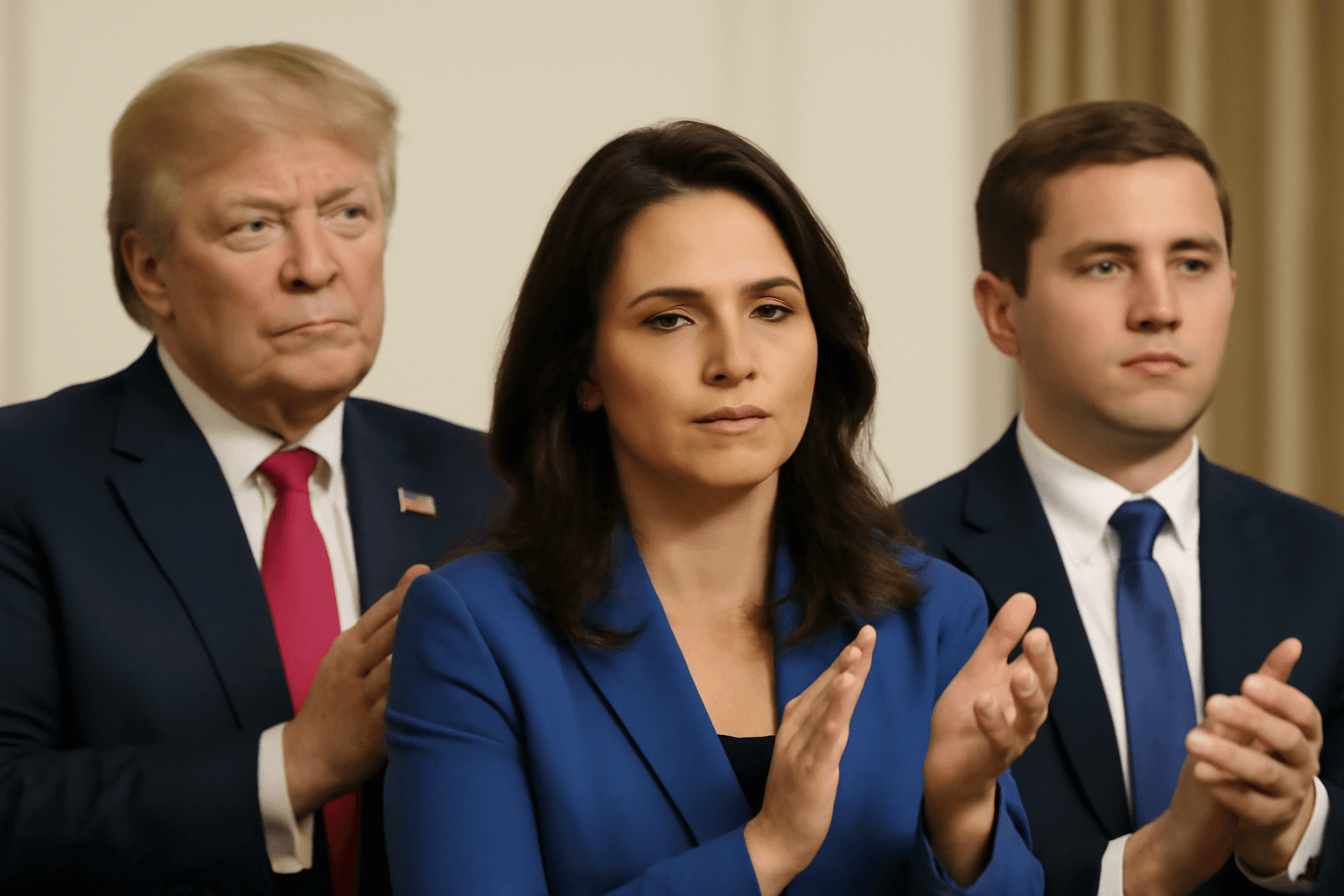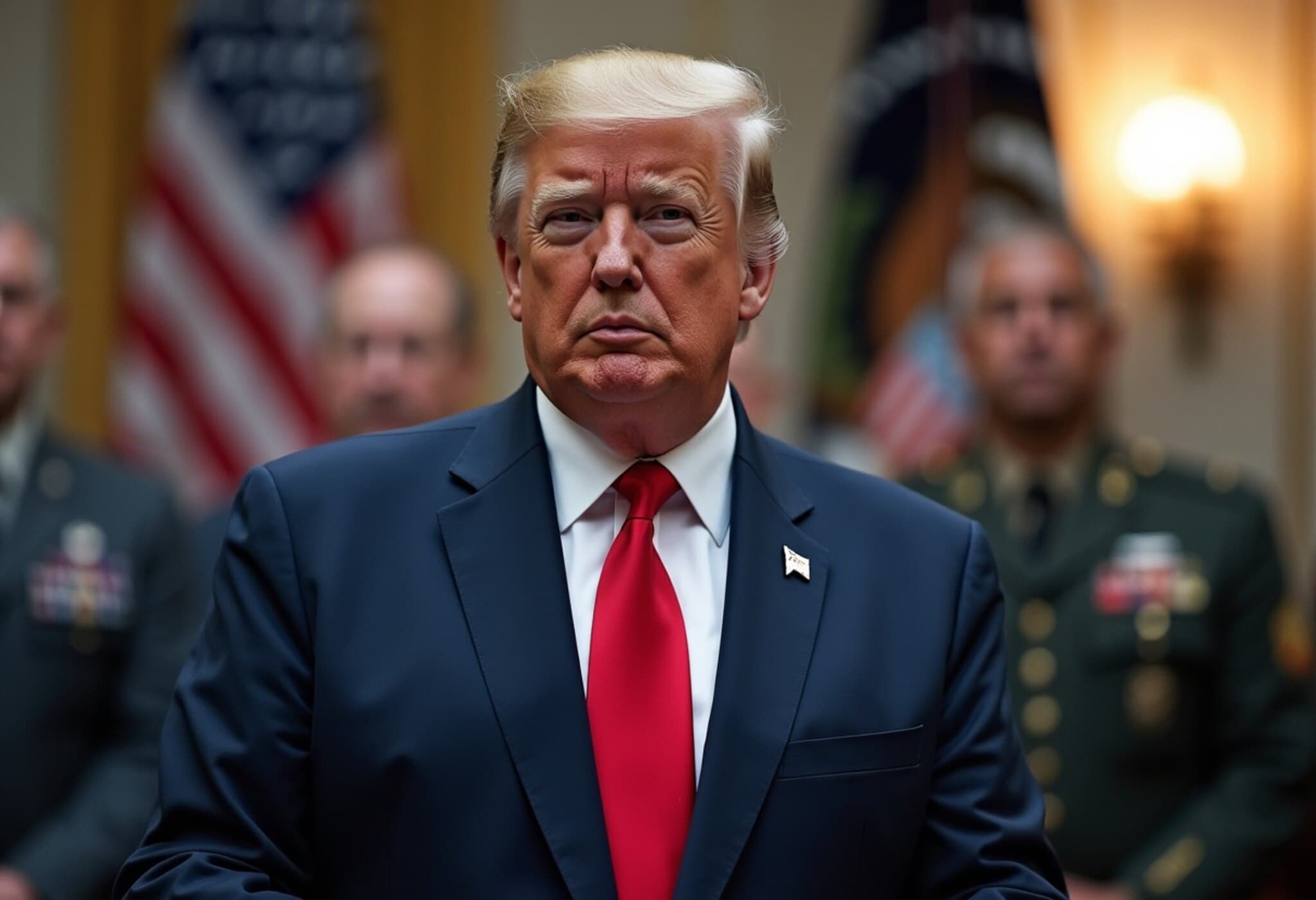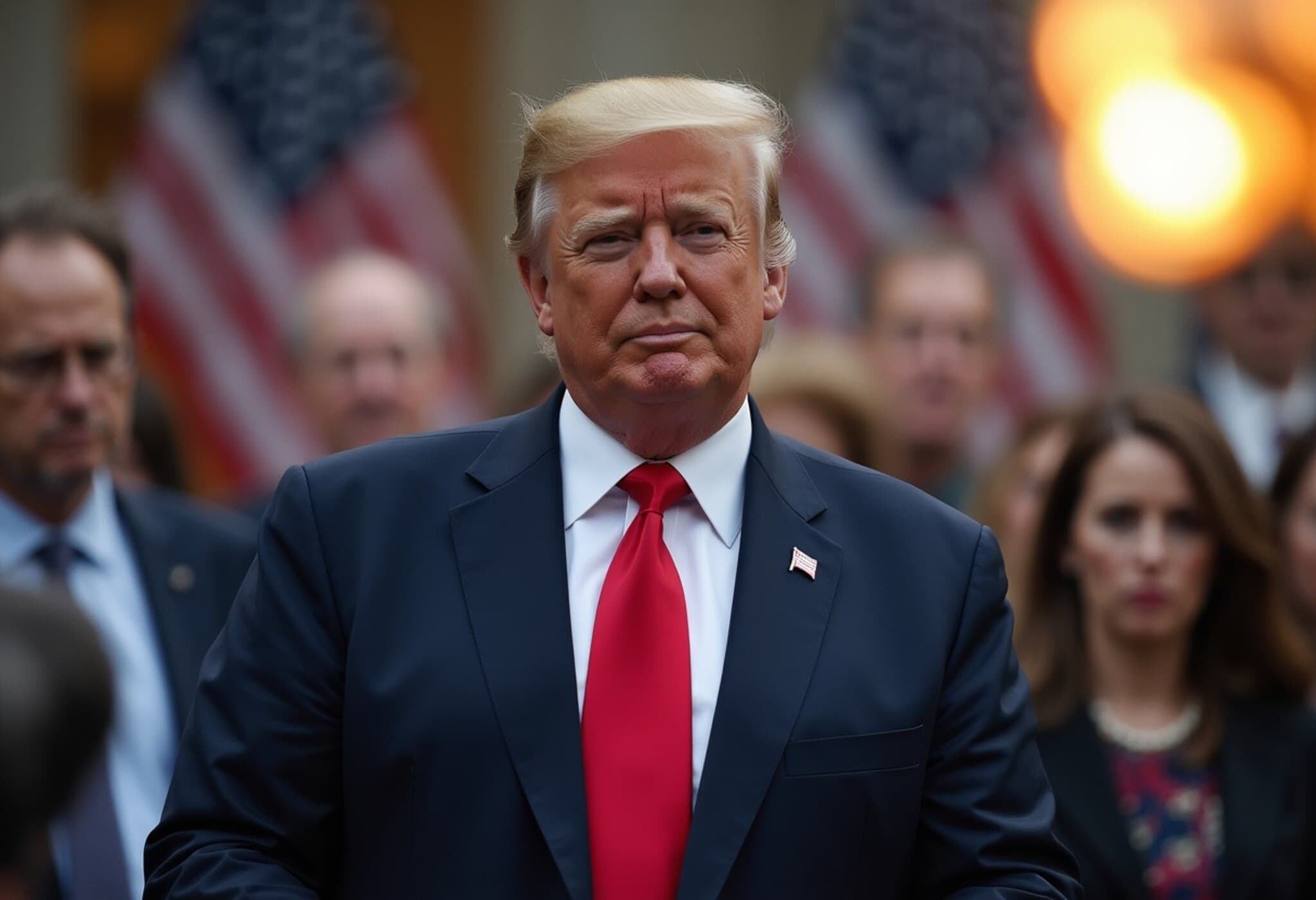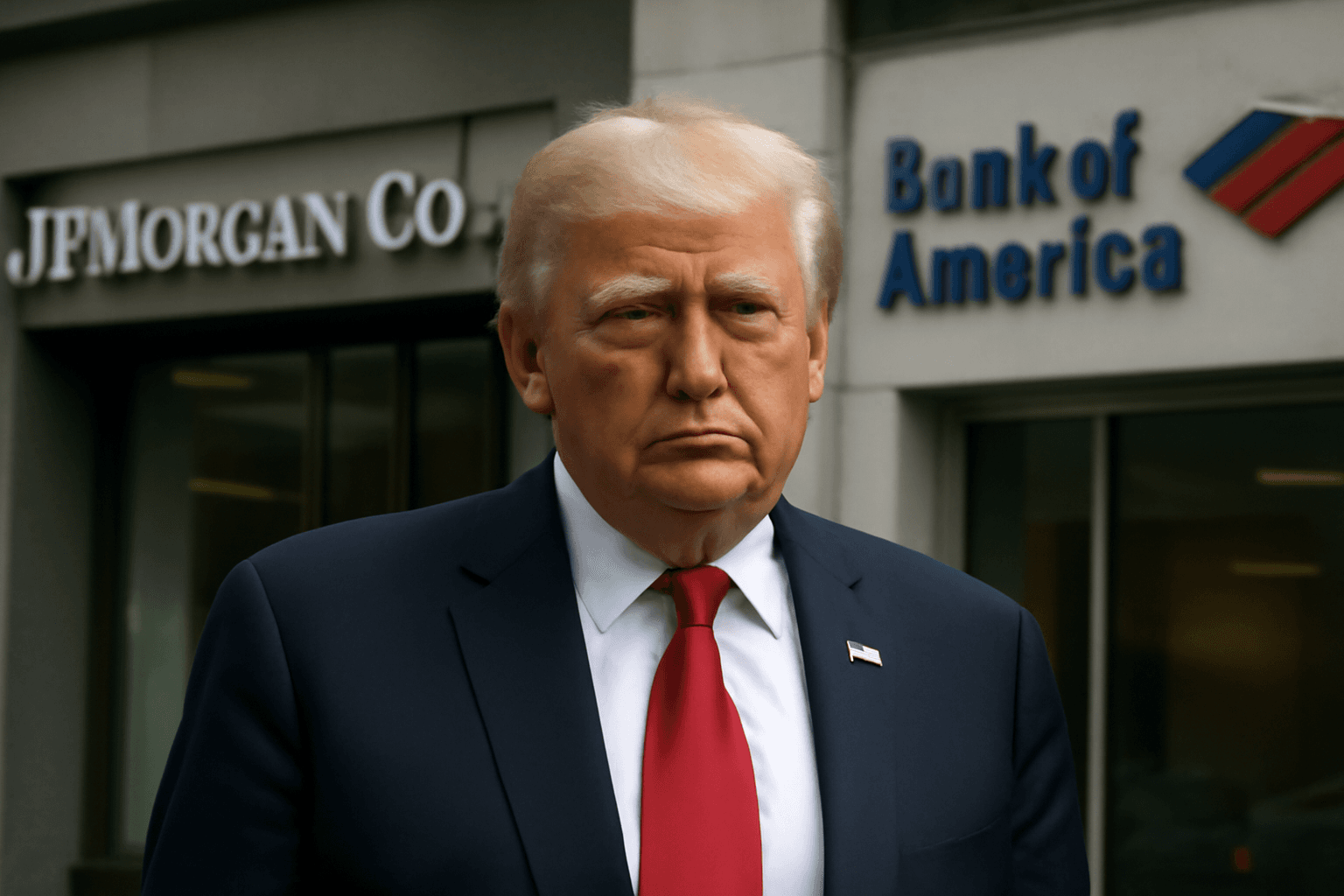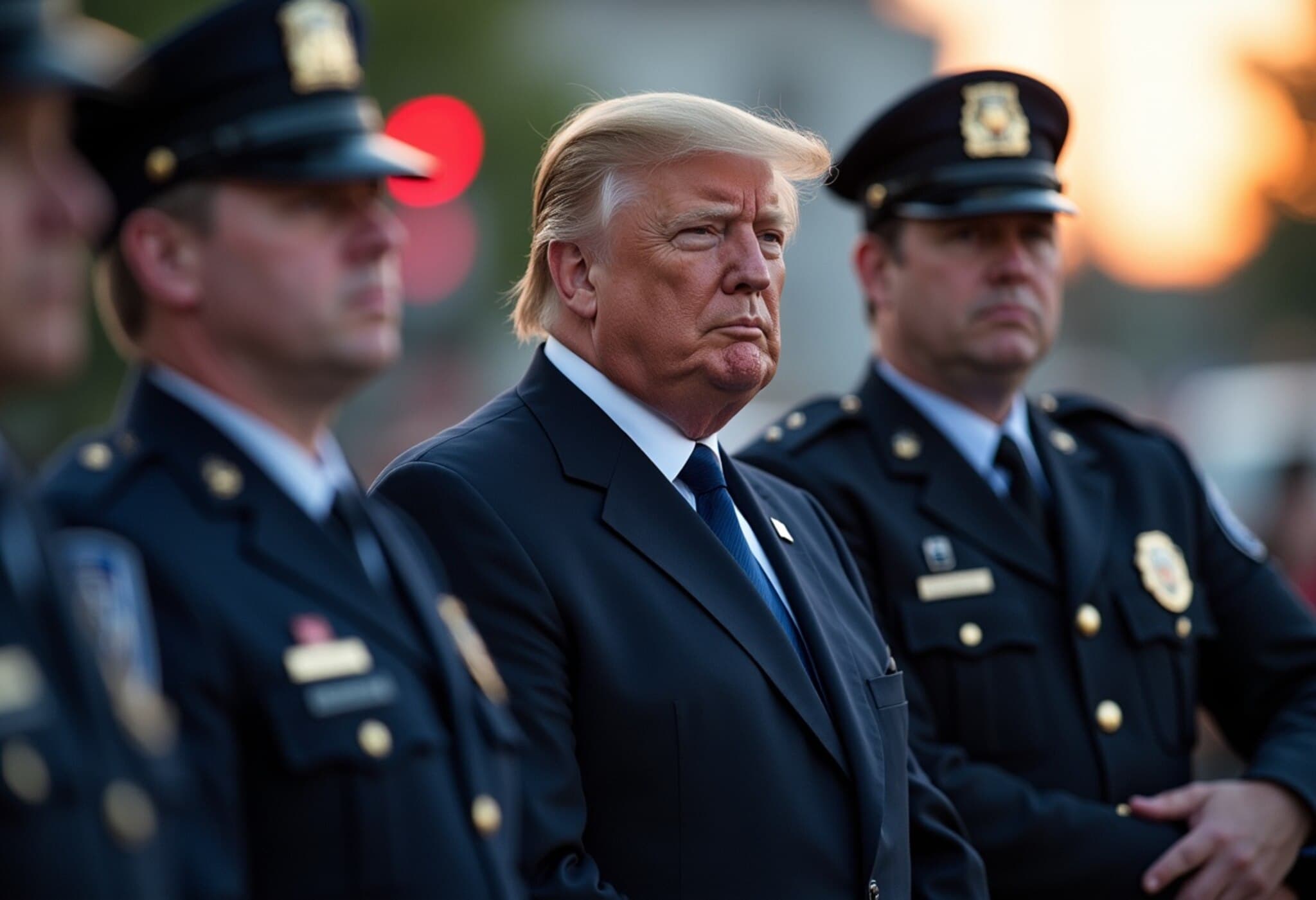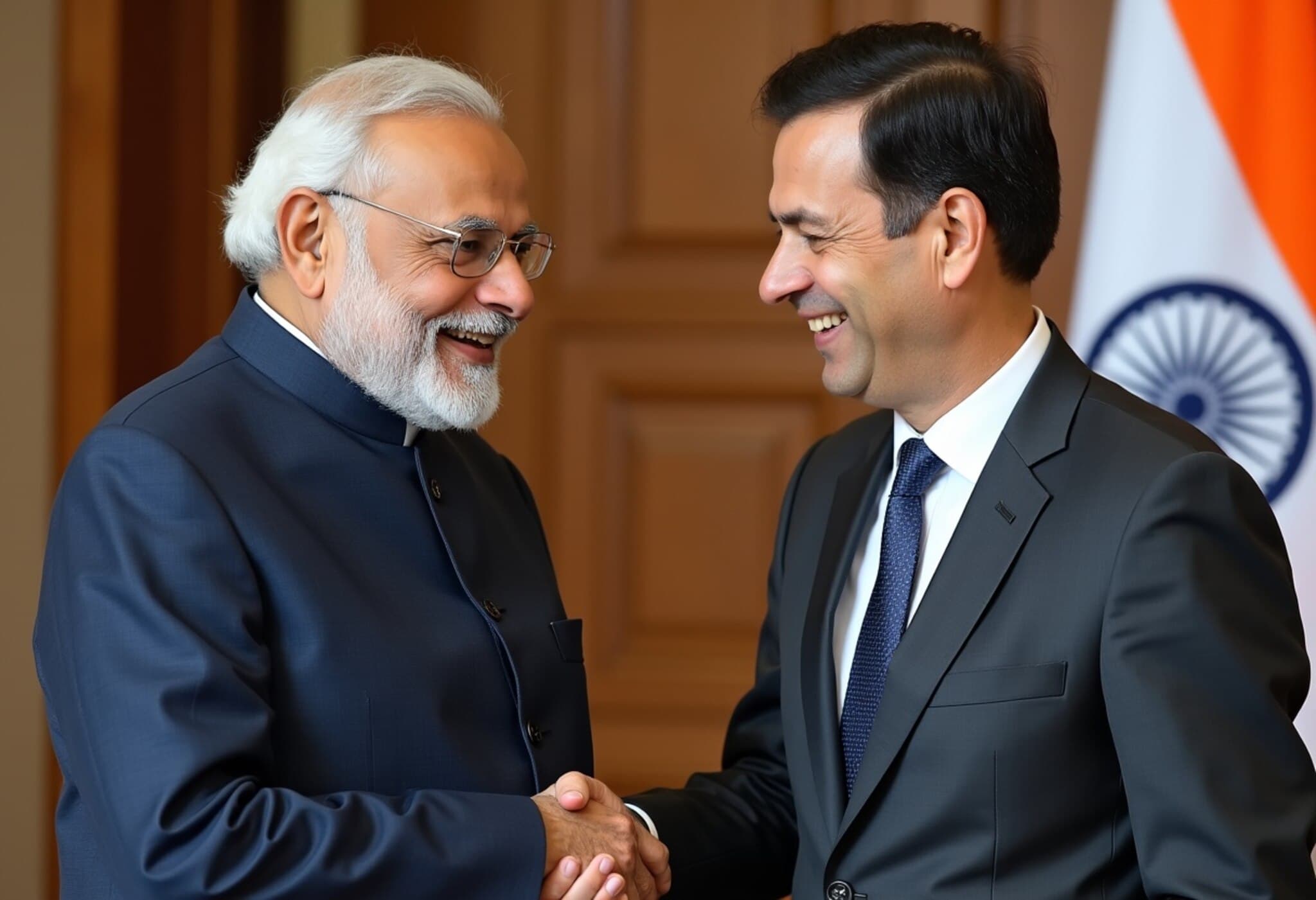US Appeals Court Maintains Restrictions on AP's White House Access
In a development that underscores the ongoing tensions between the White House and the press, a US appeals court has declined to lift restrictions on the Associated Press (AP) journalists’ access to key White House venues. This ruling stems from a dispute triggered earlier this year by the AP's refusal to adopt President Donald Trump’s directive to replace the long-established geographic name "Gulf of Mexico" with the controversial term "Gulf of America."
Background of the Dispute
The conflict arose after President Trump issued an executive order in January 2025, mandating that federal agencies and media rely on the term "Gulf of America," an unconventional renaming intended to reflect a nationalist framing. The AP resisted this change, citing historical accuracy and journalistic standards. Subsequently, the Trump administration imposed restrictions that limited AP reporters' access to critical White House settings including the Oval Office and Air Force One.
Legal Battle Over Press Freedom
The AP challenged these restrictions in February 2025, invoking the First Amendment protections that safeguard free speech and a free press. They argued the limitations were punitive measures against editorial independence and violated constitutional principles.
Initially, US District Judge Trevor McFadden, a Trump appointee, sided with the AP. Judge McFadden asserted that if any reporters are granted access to White House events, blocking others based solely on editorial viewpoints or terminology choices is unconstitutional.
Higher Court's Contrasting Rulings
However, the US Court of Appeals for the District of Columbia Circuit halted Judge McFadden’s order with a narrow 2-1 panel vote in June 2025. Judges Neomi Rao and Gregory Katsas, both appointees of the Trump administration, upheld the President’s discretion to determine which media outlets receive access. Dissenting was Judge Cornelia Pillard, appointed by former President Obama, who viewed the restrictions as a threat to press freedom.
This June decision, now reaffirmed by the appeals court, effectively supports the Executive’s broad authority over White House media access, a point that is sparking significant debate over the balance between governmental control and constitutional guarantees.
The AP’s Stance and Historical Context
The Associated Press has emphasized the historical precedence of the term "Gulf of Mexico," noting its use extends back more than four centuries and is integral to accurate news reporting. The AP’s stylebook reflects this, and despite acknowledging the President's preferred term, the agency remains committed to established terminology to maintain journalistic integrity.
Wider Implications for Press Freedom and Public Access
This dispute is more than a semantic disagreement; it raises fundamental questions about the role of media in holding power accountable and the implications of presidential authority to restrict access based on editorial differences. Beyond the AP, the imposed restrictions have ripple effects extending to local news organizations and financial markets that rely on reliable and immediate coverage of White House activities.
- Impact on Media Plurality: Limiting access can curtail diversity of viewpoints, impacting the public’s right to a comprehensive information landscape.
- Precedents for Executive Power: The ruling could embolden future administrations to selectively grant press access, potentially undermining constitutional press freedoms.
- Economic Consequences: Markets sensitive to political developments depend heavily on timely news from authoritative sources like AP.
Outlook: Possible Supreme Court Review
While the appeals court decision stands for now, the AP retains the option to escalate this case to the United States Supreme Court. Such a move could clarify the limits of executive discretion over press access and set a national precedent with far-reaching implications for journalistic rights and civic transparency.
Expert Commentary: Navigating Press Freedom in Politicized Environments
As a seasoned policy analyst observes, "This case exemplifies the precarious balance between executive authority and constitutional guarantees. With press freedom under pressure globally, the US judiciary’s approach here will signal to democratic institutions worldwide how far a government can go in controlling the narrative." Furthermore, legal experts caution that unilateral executive actions affecting media access can erode public trust and democratic norms, especially during periods of political polarization.
Conclusion
The ruling to uphold White House access restrictions against the AP highlights a critical flashpoint in American democracy—the tension between freedom of the press and government control. As the nation contemplates the complex interplay of constitutional rights, national identity narratives, and executive discretion, this case serves as a vital reminder: safeguarding an independent press is essential to the health of democracy.

